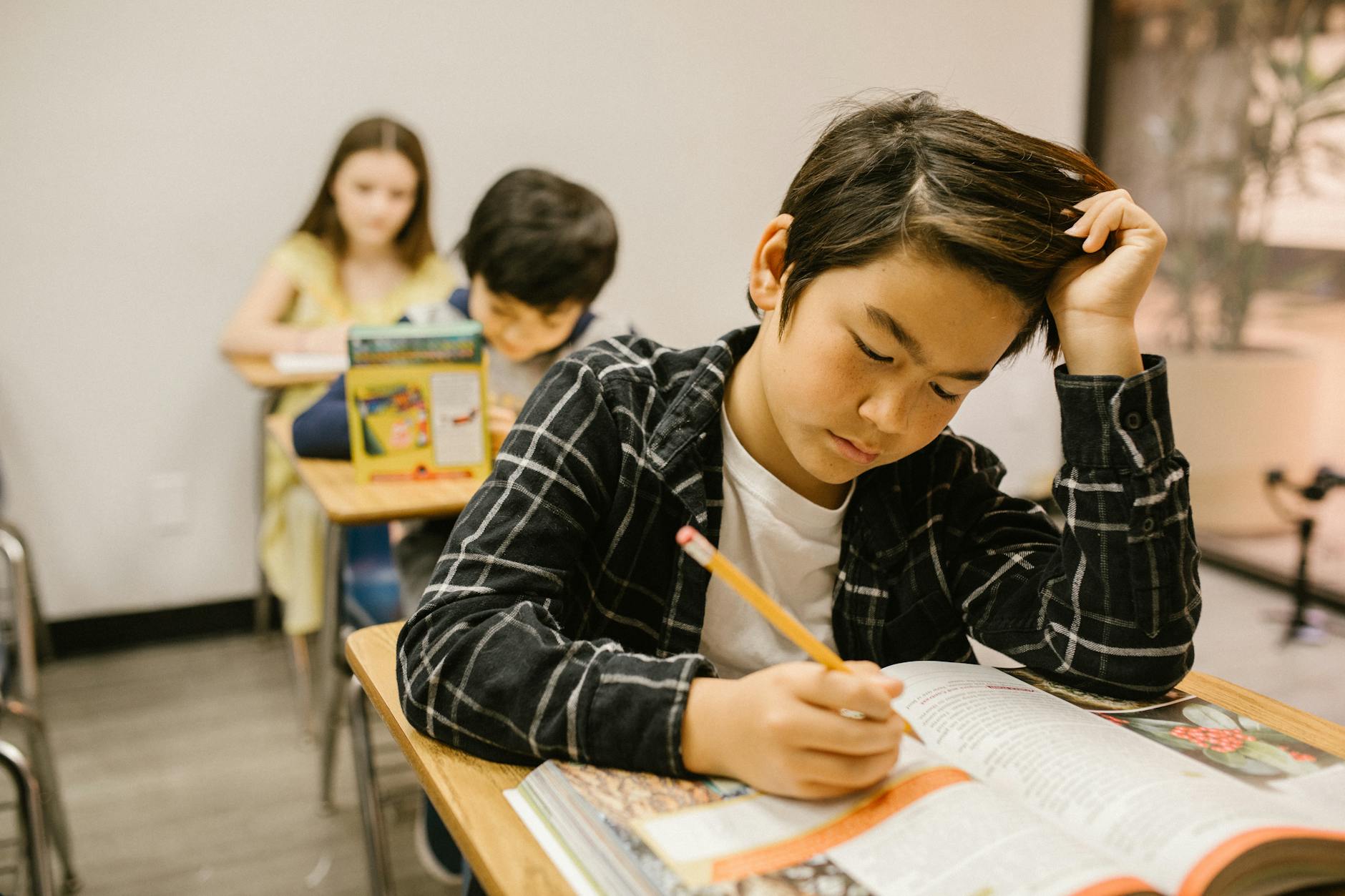
Greetings Starfighters,
Happy first (partial) week of spring here in the Northern Hemisphere—our southern neighbors rejoice as they head into my favorite time of year…
I’ve walked around most of this week not knowing what day it was or just being off a day. I’m quite certain this is all due to still recovering from the nonsense of daylight savings time (because we’re not saving anything). Yet, we move along into the vast unknown of tomorrow.
Also, has anyone else adjusted their reading goal for the year? I’m really behind and am not sure I can catch up with all that life brings my way. But, recognizing your limits is key and knowing that the only person I’m competing against is myself is also helpful when I feel defeated.
Anyway, here are 10 cool things I wanted to share this week:
10 Things Worth Sharing
- Creativity is Humanity
- As usual, I’ve gone down another musical rabbit hole that began with finding the amazing Hermanos Gutiérrez and has taken me into some very chill musical vibes. If you need a nice smooth start to your day, I have some great finds for you.
- English learners stopped coming to class during the pandemic. One group is tackling the problem by helping their parents.
- I’m always on the hunt for new creatives and curious to see their creative processes. This week, I found Jacob Collier by way of Matt Mullenweg of WordPress fame. Collier joins Paul Davids in this video to discuss learning to play the guitar, tweaking the rules, and changing everything to suit your style.
- In Star Wars news this week (you knew there was going to be a geeky moment soon), the trailer for the new “The Acolyte” series dropped this week, giving us a first glimpse at the time 100 years prior to anything Star Wars-related we’ve seen on any screen. There’s even a Wookiee Jedi.
- How do US teachers teach? We don’t know, and it’s difficult to figure out.
- While I’m a huge fan of exploration and creative work that sometimes takes us on grand adventures that aren’t so productive, sometimes there is no other option than to do the work of learning.
- Ten books from MIT faculty to expand your knowledge of teaching, learning, and technology
- Speaking of doing the work of learning and creativity, what if you made your classroom or workspace a living display of your creativity like Lynda Barry?
- Lastly, when you feel like the work you do is complete and utter garbage—don’t we all get that way at times?—remember that you’re not alone. The novelist Percival Everett says, “I’m pretty sure everything I’m writing is shit…I’m just trying to make the best shit I can.”
That’s it for this week. The Spring Break edition will arrive in your inbox next week.
P.S. – I’m going through all my old comics lately and am amazed at some of the ads. Here’s this one with a cameo from Vincent Price to make your own shrunken head…

The Eclectic Educator is a free resource for everyone passionate about education and creativity. If you enjoy the content and want to support the newsletter, consider becoming a paid subscriber. Your support helps keep the insights and inspiration coming!


